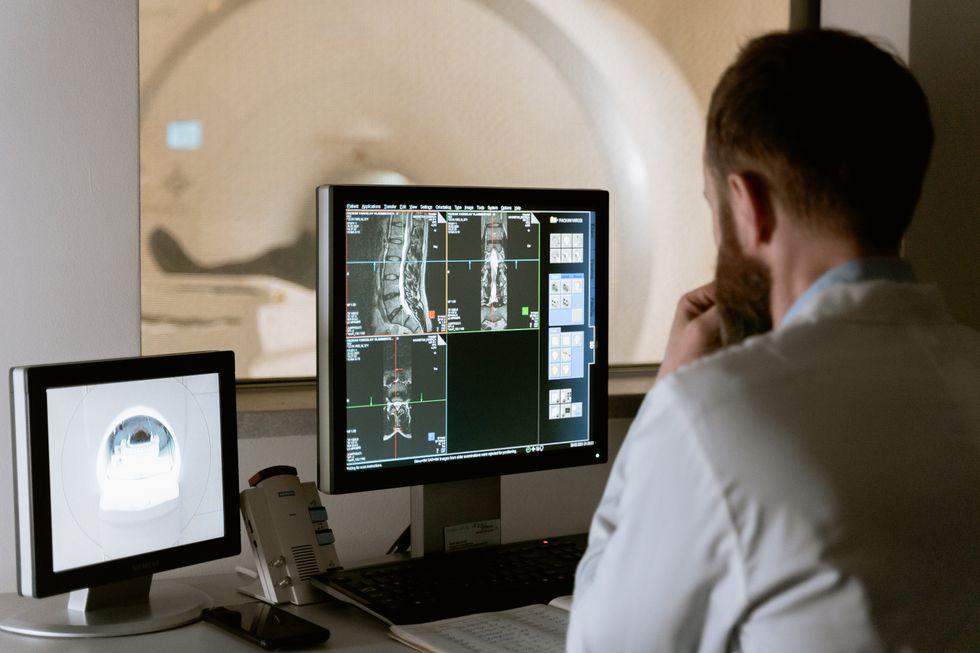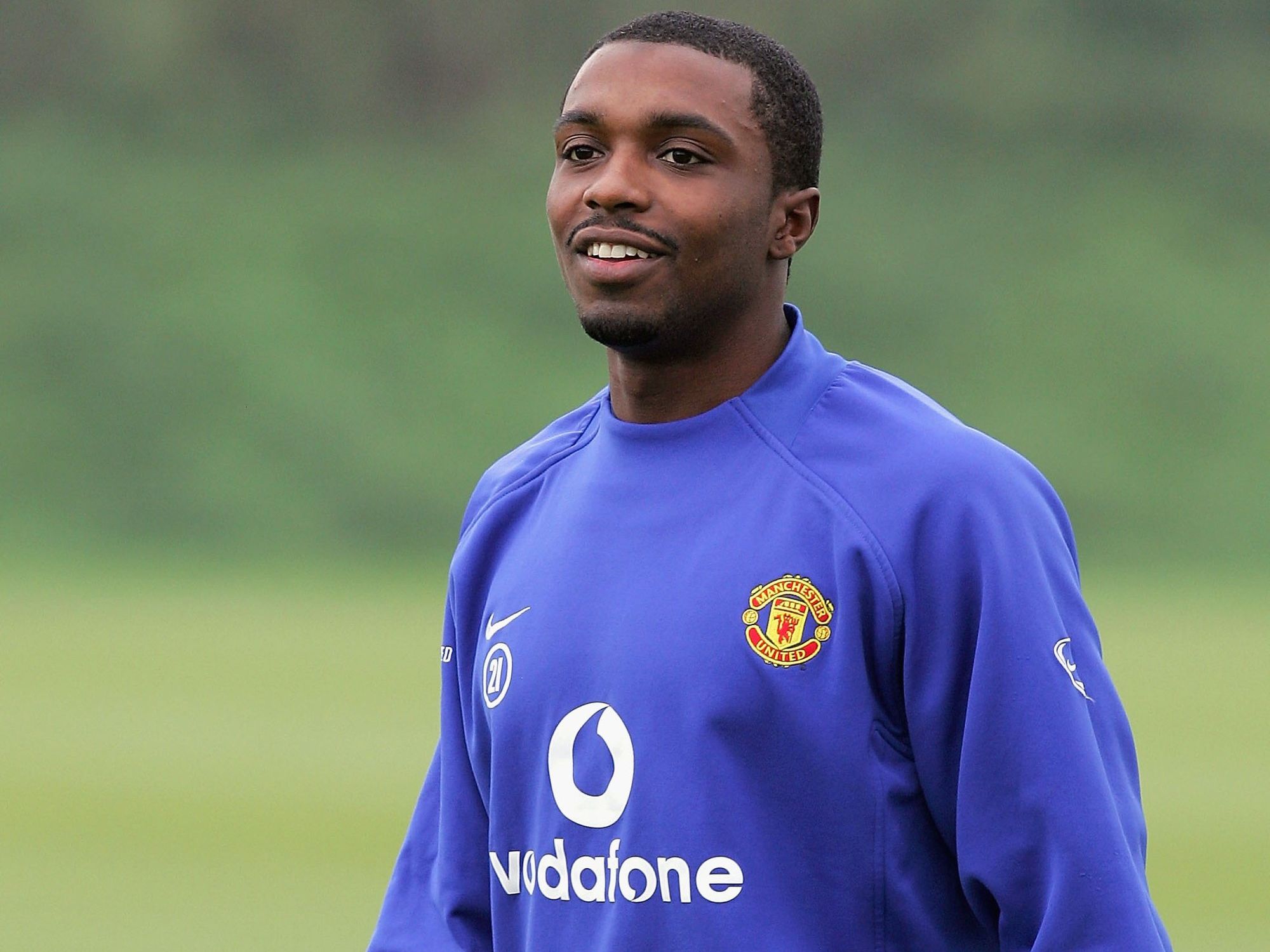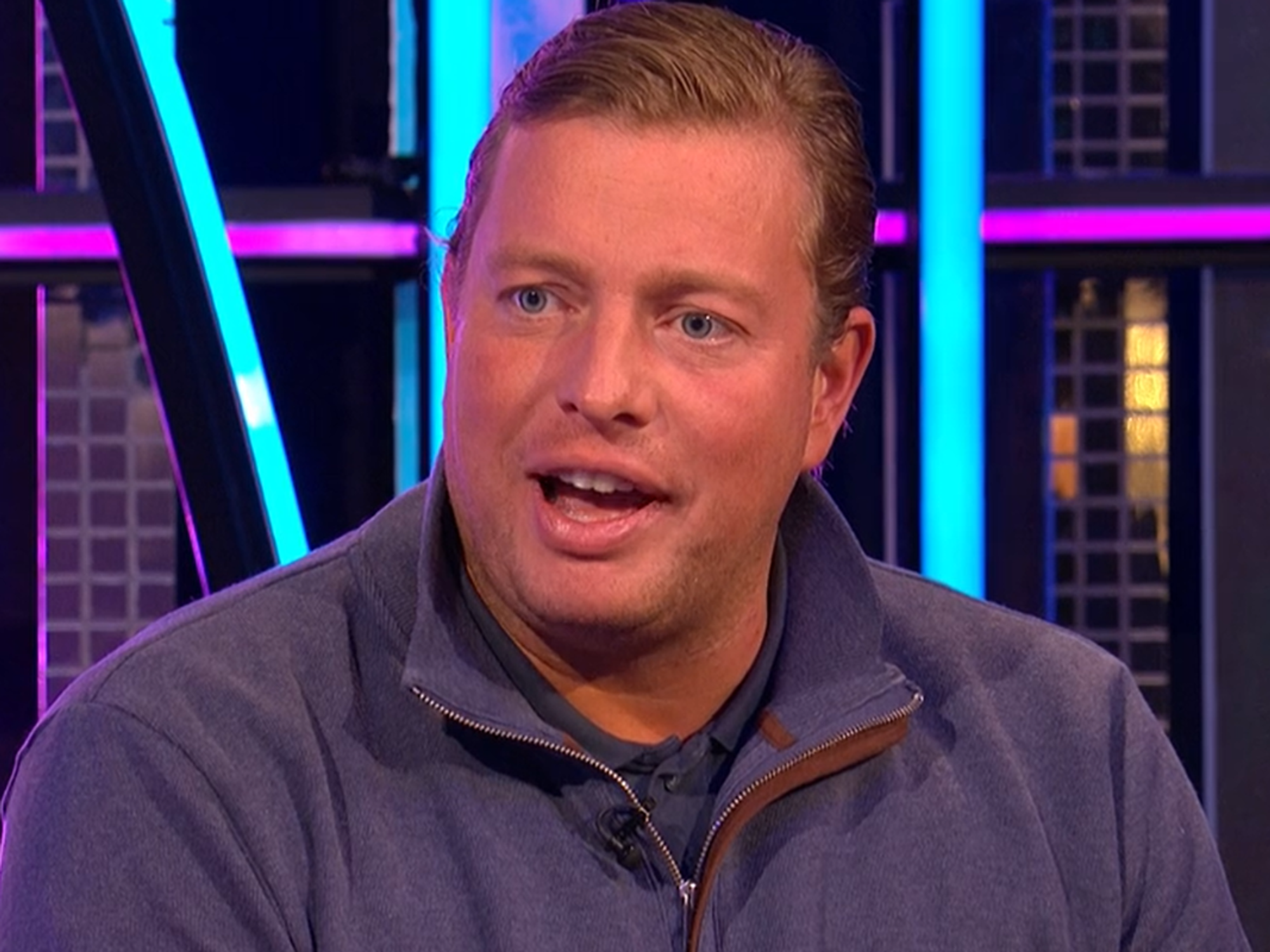NHS patients developing cancer because of long waiting lists - Top doctor issues warning

A top GP has warned that patients are getting sicker due to huge waiting lists for NHS scans and treatment
|Pexels

Britain’s top GP says patients are feeling 'helpless and forgotten' as they face a 7.2 million-strong waiting list
Don't Miss
Most Read
Patients are getting sicker and developing cancers due to huge waiting lists for NHS scans and treatment, a top GP has warned.
Prof Kamila Hawthorne, the chair of the Royal College of GPs said record delays for care and the uncertainty for patients has left Britons feeling “helpless and forgotten”.
Patients with heart problems, those waiting on a hip or knee replacement, and people with potential signs of cancer who GPs have said need to be seen urgently, are among those affected by the 7.2 million-strong waiting list.
Hawthorne has now shared her concerns after some patients saw their health deteriorate as a direct result of the delay in accessing hospital care.

The GP chief has shared her concerns after some patients saw their health deteriorate as a result of the delay in accessing hospital care
|Pexels
“Patients getting sicker while they are on the waiting list is something GPs see and worry about, because the risk to the patient is so much greater.
"It’s inevitable that some people stuck will get sicker, because that’s the nature of illness,” she told the Guardian.
“It could be someone awaiting a hip or knee replacement. They come and see you and say, ‘it’s been three months and I’ve heard nothing’.
"Often the waiting times for orthopaedics can be a year or two, so you know it’s going to take ages. Then they’ll tell you that their toilet is upstairs and in order to get up there they’re having to crawl.
"Or it could be that their hip or knee pain is coming to the point where they can’t sleep at night. That’s the kind of thing we hear.”
The top doctor explained that women with persistent heavy bleeding that have not responded to treatment are a particular worry when they have to wait a long time for their condition to be investigated - as blood loss could be a sign of gynaecological cancer.
“The waiting list [for a test] will be eight to 12 months, and in the old days, so to speak, it would have been eight weeks. The risk that’s being carried is so much greater because of that wait time," she added.
Hawthorne has called on the NHS to set up an Amazon-style tracking system that would allow patients to monitor when they would be seen.

Many patients are affected by the 7.2 million-strong waiting list for NHS services
|Pexels
She said: “Something like the Amazon system would be amazing. In an ideal world, the NHS would have a system that would let people track where they are on the waiting list.
“When we buy something online, we’re told our order’s been received, when it’s ready for dispatch and the date and time it’s coming. Something along those lines … will help patients understand [where they are on the list] and help GPs manage their expectations as well.”
An NHS England spokesperson did not respond directly to Hawthorne’s remarks but said: “NHS staff have made significant progress in bringing down the longest waits built up during the pandemic.
"With waits of over 18 months down by more than four-fifths on their peak, over 24m vital tests and checks delivered in the last year, and record numbers of patients starting treatment for cancer.”










